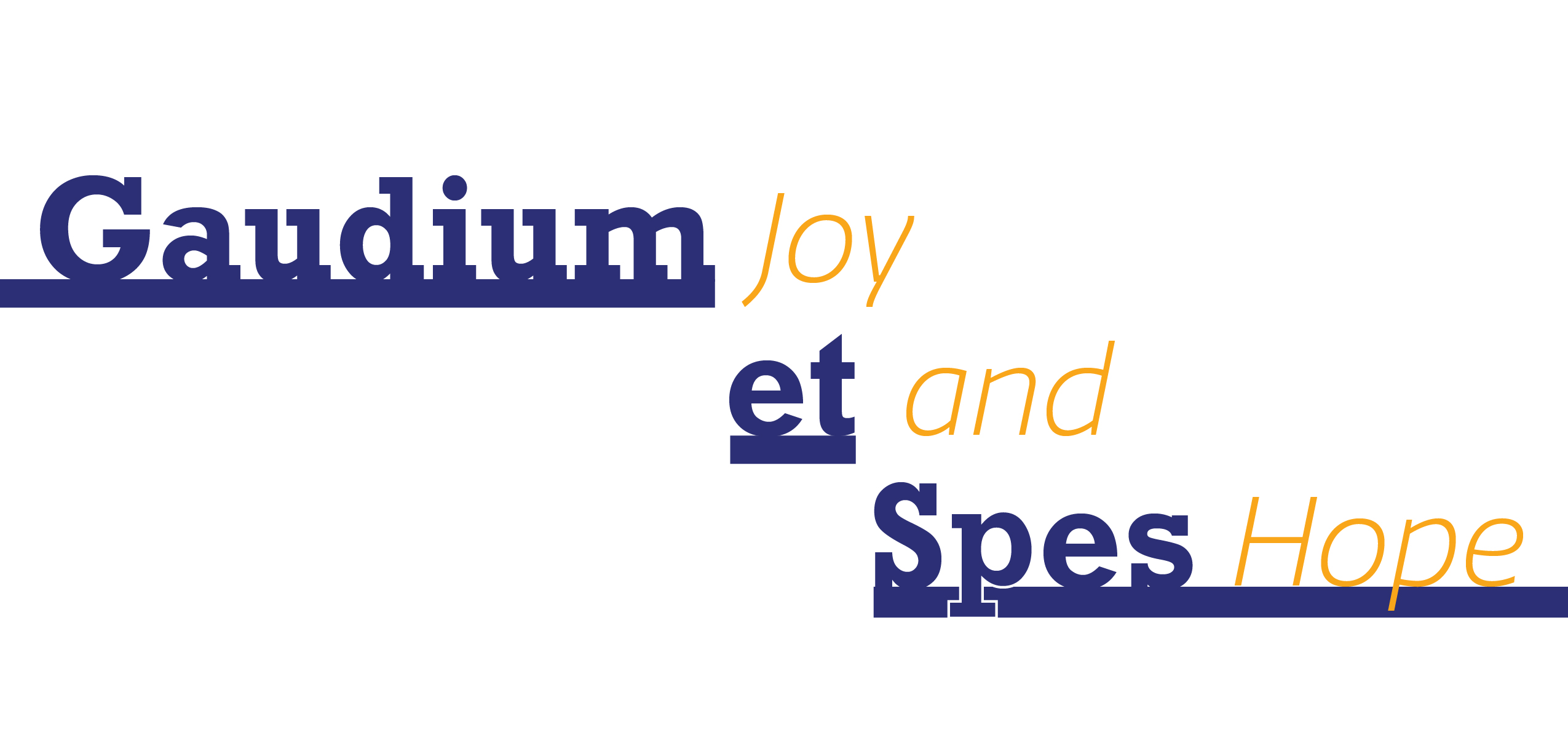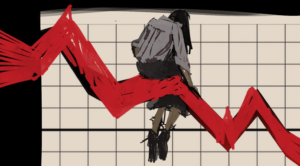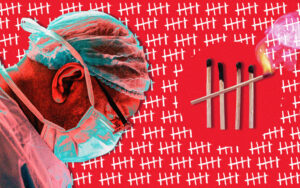Pope Francis once said, “No one is saved alone, as an isolated individual, but God attracts us looking at the complex web of relationships that take place in the human community. God enters into this dynamic, this participation in the web of human relationships.”
We enter Georgetown as individuals, new students seeking community. For many of us, the first few months can feel pretty isolated. But as we progress through our time here, we strive to build the kind of relationships that we can carry with us for the rest of our lives. That’s not always easy at Georgetown.
To be sure, there are countless ways to get involved on campus with our fellow Hoyas. Unfortunately, however, these communities are far too often inward looking. They may foster enduring relationships for their members, but they do little to interact with or improve the larger Georgetown community.
For better or for worse, clubs dominate Georgetown’s social scene. Their topics are perhaps too diverse to speak about collectively, but I think it’s fair to say that, for many clubs, the relationships that they help to form among Hoyas, often come at a cost. Many of the social clubs are highly exclusive, and cut themselves off from the broader campus community, whether intentionally or not.
We see this on a macro-scale in the relationships between the four colleges, as well. It’s only natural that students from the NHS, for example, will have more opportunities to interact with each other than with students from the SFS. And of course there’s nothing wrong with that. However, there are far too few occasions for these communities to intersect.
It often feels like a misnomer to refer to the “Georgetown community.” In reality, that means many small and divided communities, not a cohesive whole. But it wasn’t always this way.
Georgetown’s sense of community used to be built around its basketball team. But with all the fourth-quarter losses these days, the team just doesn’t have the same unifying power anymore. At the Capital One Arena, games are massively under-attended, while back on campus, Georgetown basketball is hardly ever mentioned without disappointment or disapproval.
With what does that leave us? What are the common experiences that we share as Hoyas? NSO? Problem of God? Georgetown Day? NSO is quickly lost in people’s memories, each Problem of God class is taught in a radically different manner, and Georgetown Day may once have been a day when faculty, staff, and students came together to celebrate Georgetown’s values, but unfortunately, as I believe many students would agree, it has strayed from its foundational roots.
For the Catholic Church, community is essential. Pope Francis reminds us that our faith journey is not one we walk alone, but rather, one in which we walk hand in hand with others. Just as “no one is saved alone, as an isolated individual,” no one should graduate alone from Georgetown.
The Church, along with Aristotle, affirms that the human person is a social animal. Quite simply, we are not who we are without each other. We need each other, not only in times of crisis or distress, but at all times, so that we can understand ourselves and fulfill our vocation to love. So, as we walk along the often-difficult pilgrimage that is Georgetown, we ought to be able to walk together, arm-in-arm.
This may sound idealistic, but there are concrete steps the university can take to start restoring the sense of community that Georgetown had not all that long ago. It starts with shared experiences. When we leave here, we should to be able to refer to positive experiences that all of us went through together.
We need more days that celebrate the values of our community, more days that offer opportunities for campus-wide service, and more speakers that have something to say for the whole Georgetown community.
Even though it was my first month here, I vividly remember the day of community service that Georgetown hosted for freshmen. Hundreds of freshmen from all corners of campus came together to serve the D.C. community. I met a number of people that day who have remained some of my best friends. I initially assumed these types of events happened often, but although I remember it fondly, it was, unfortunately, only a one-time experience.
There’s no reason this type of event can’t happen more often. Georgetown has a wealth of resources, the most important being a large group of students interested in serving their community. We need to better employ the power of our student body in service to the District. What better way to build a sense of community on-campus than by uniting in service to help communities off-campus?
At most masses that I have been to back home, the priest will typically begin the celebration by asking that the community look around, greet those they know, and introduce themselves to those they don’t. In my mind, this is the essence of community.
Much like mass, the Georgetown experience is built on hundreds of years of rich tradition. We need more communal experiences that build on that tradition, and that give us the opportunity to take a breath of fresh air, and look around to introduce ourselves to the fellow Hoyas we don’t know.
We’re in this experience together, and we ought to feel like it.
Gaudium et spes is coordinated by the Georgetown University Knights of Columbus. The Knights of Columbus is a Catholic, fraternal, and service organization. This column focuses on how Catholic values, principles, and teachings can inform the lives of all Georgetown students, regardless of faith. Additionally, this column attempts to facilitate dialogue about matters of faith and inspire conversations about topics that impact the daily lives of Hoyas, from national politics to campus news. Gaudium et spes appears online every other Friday.






